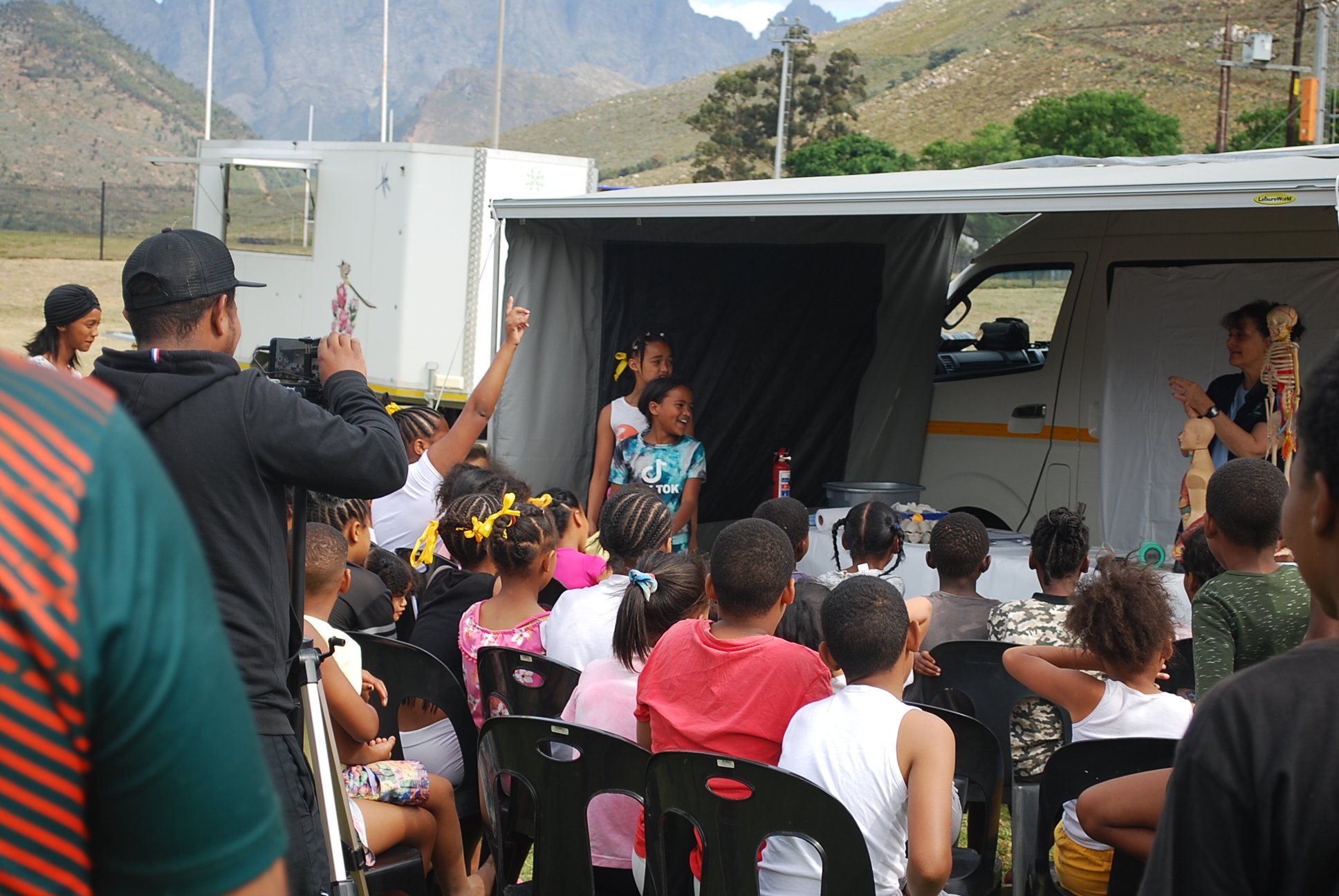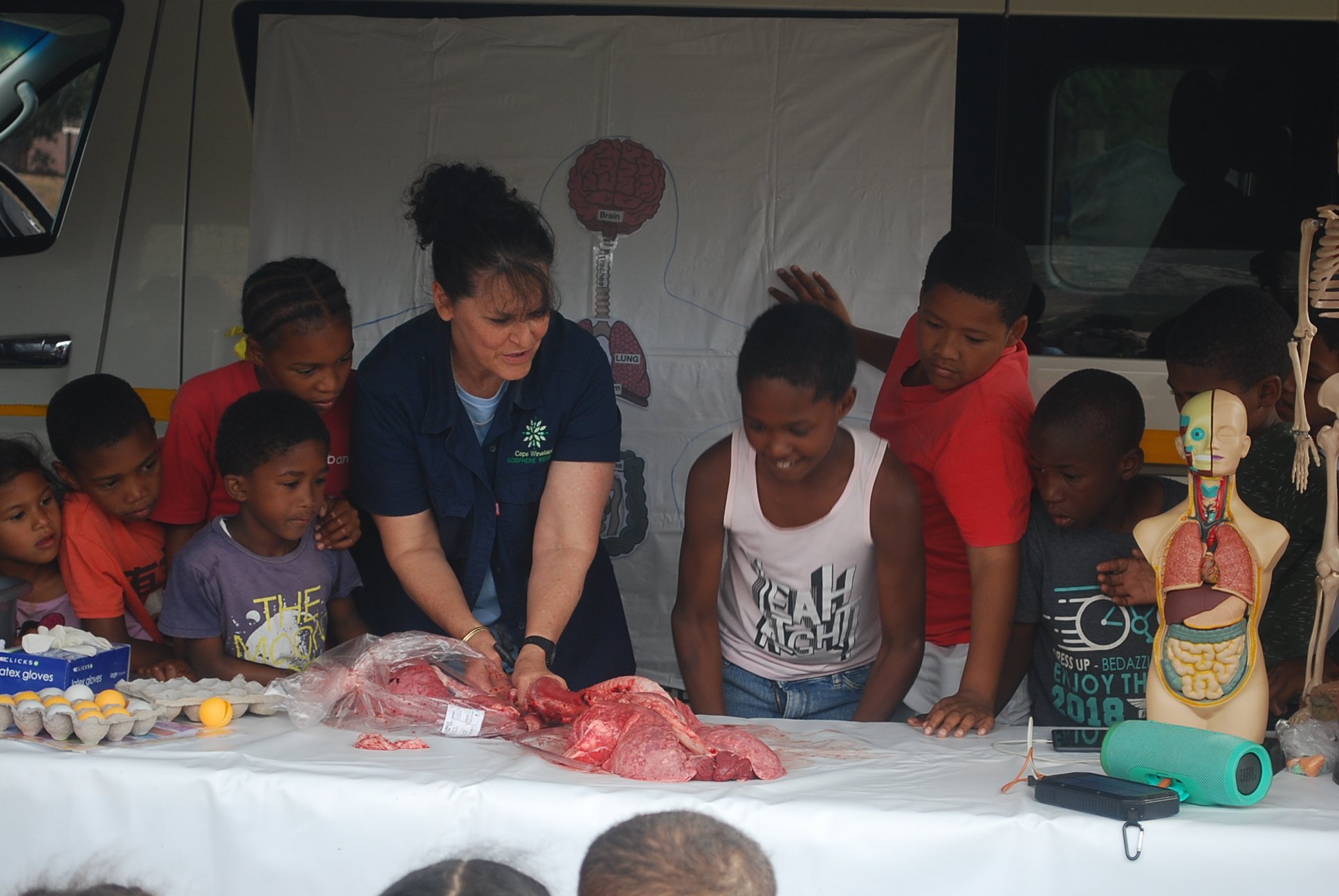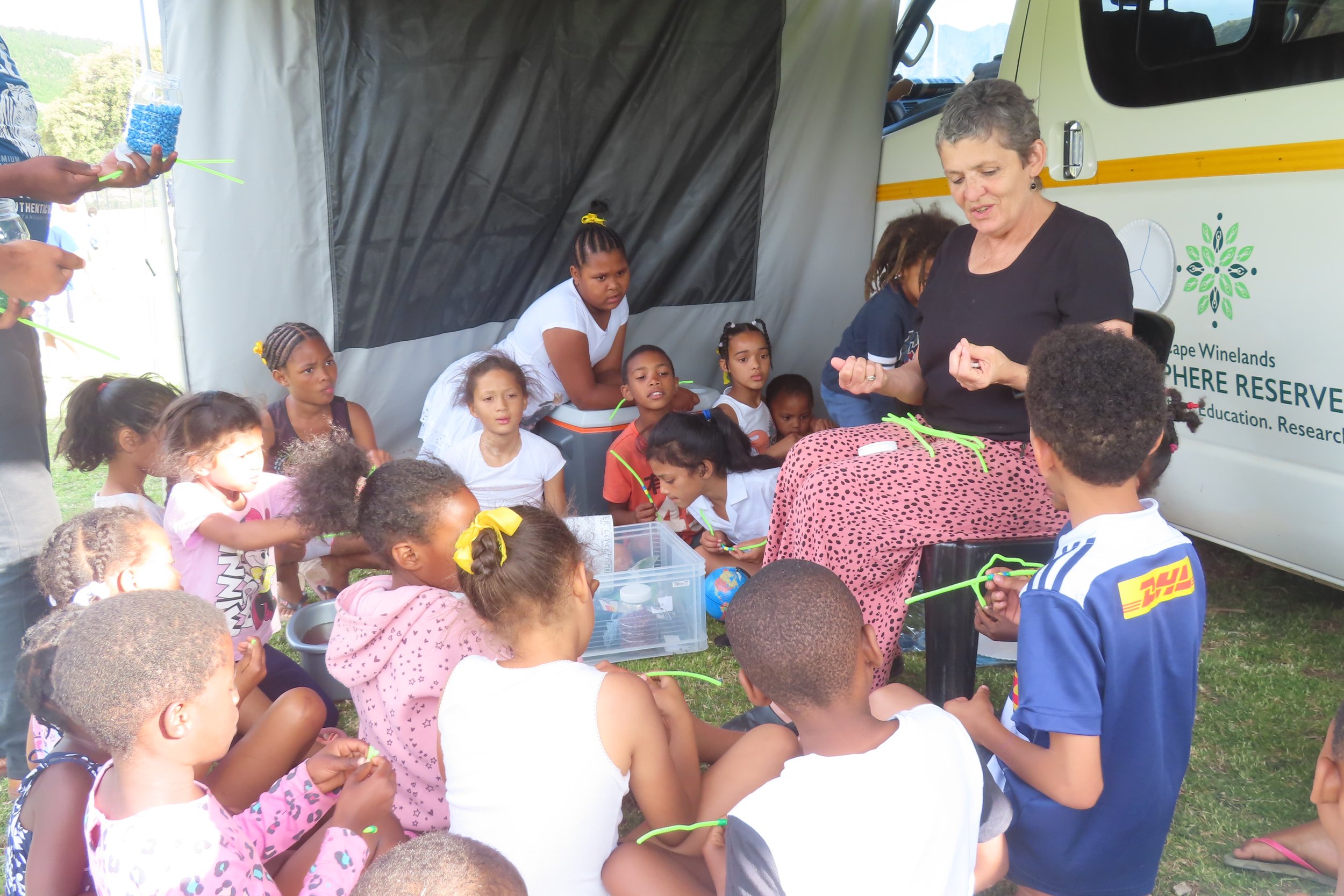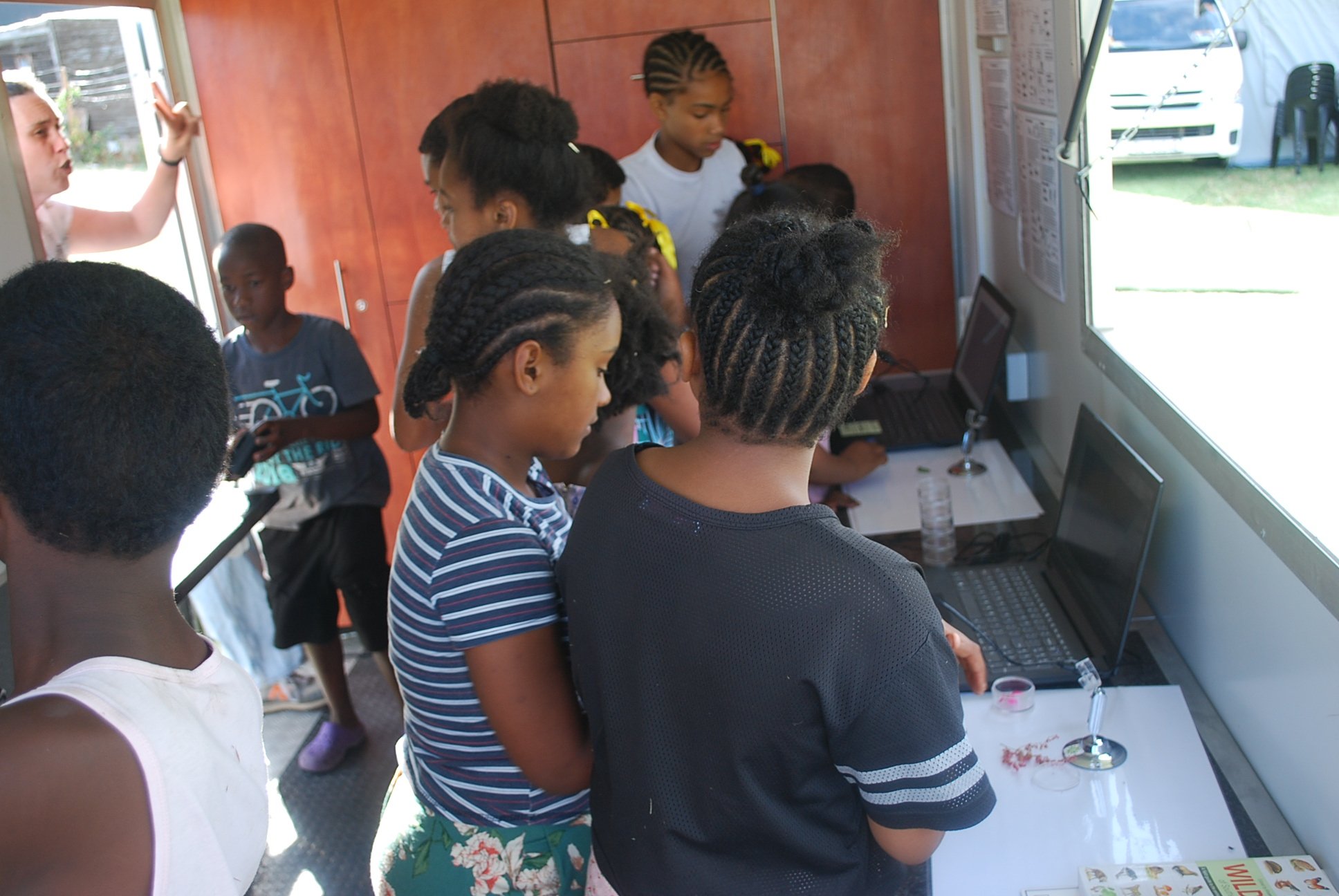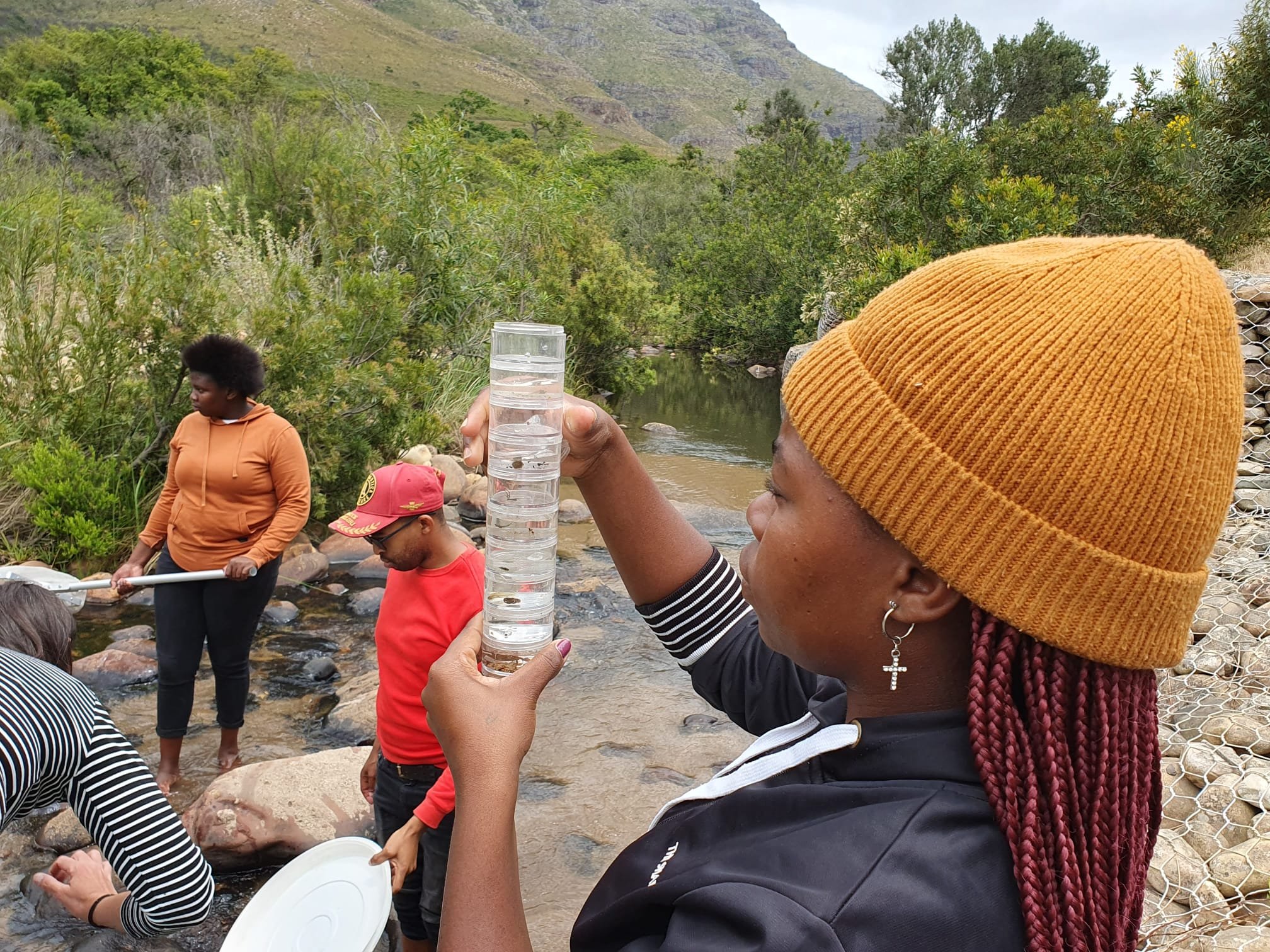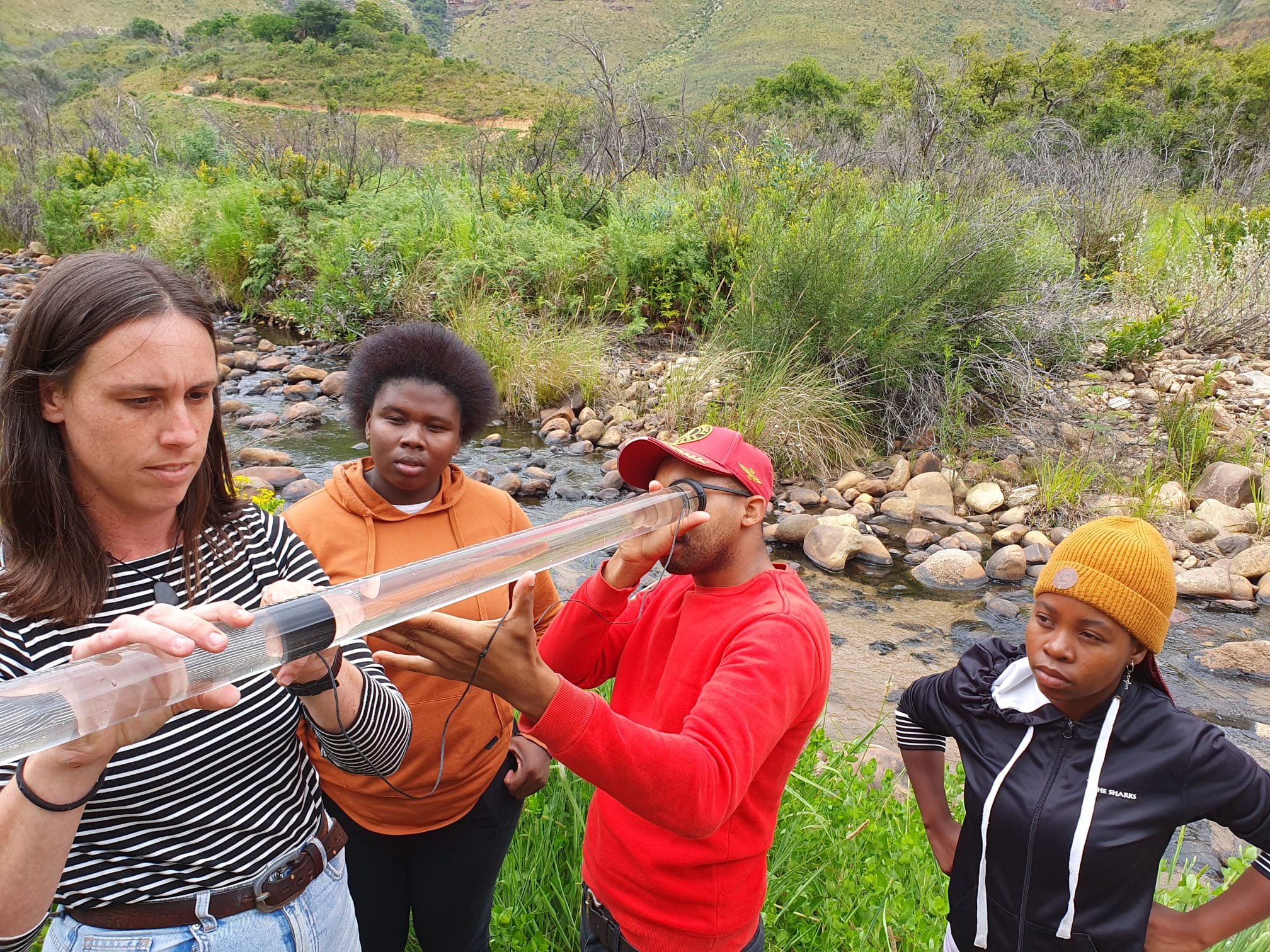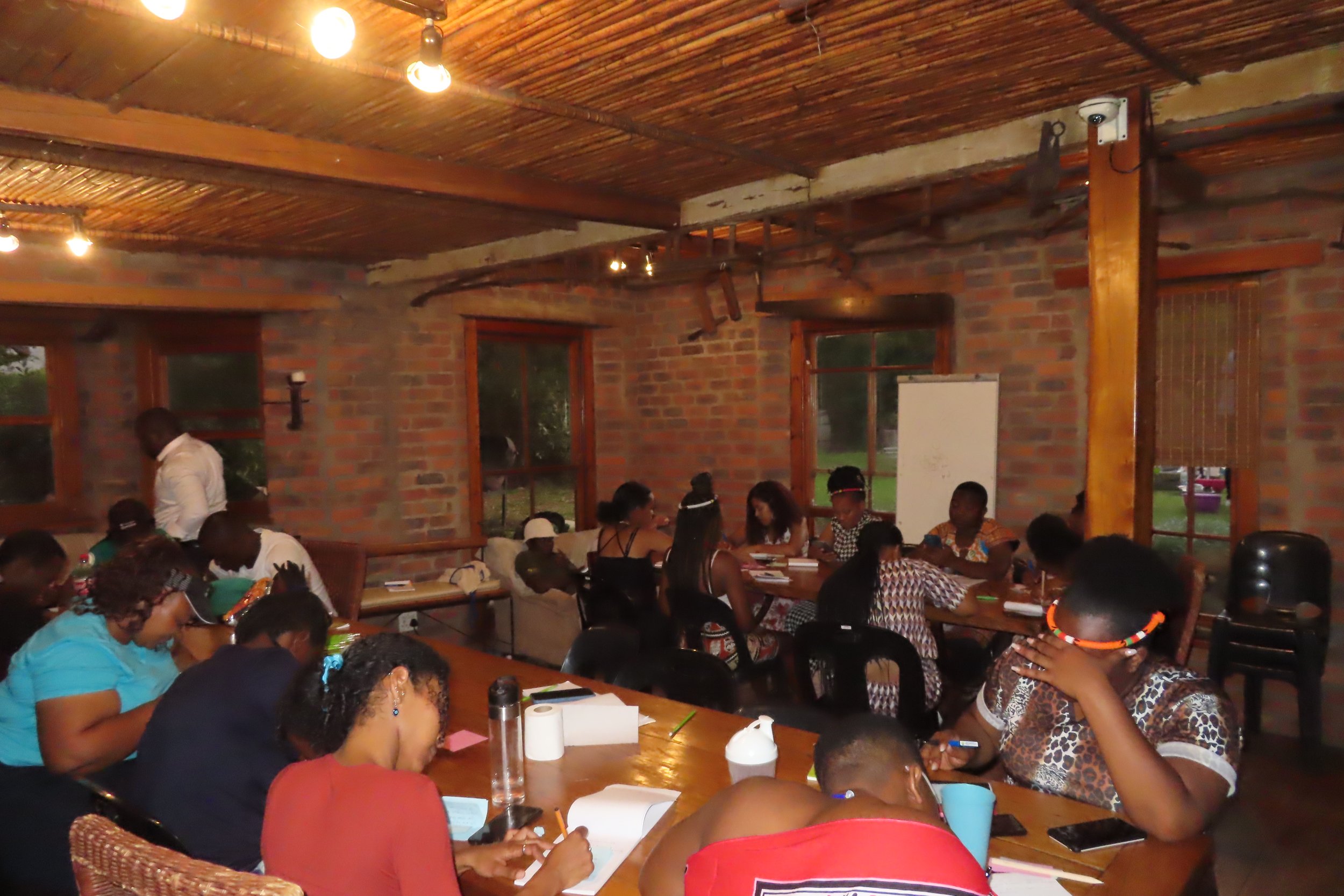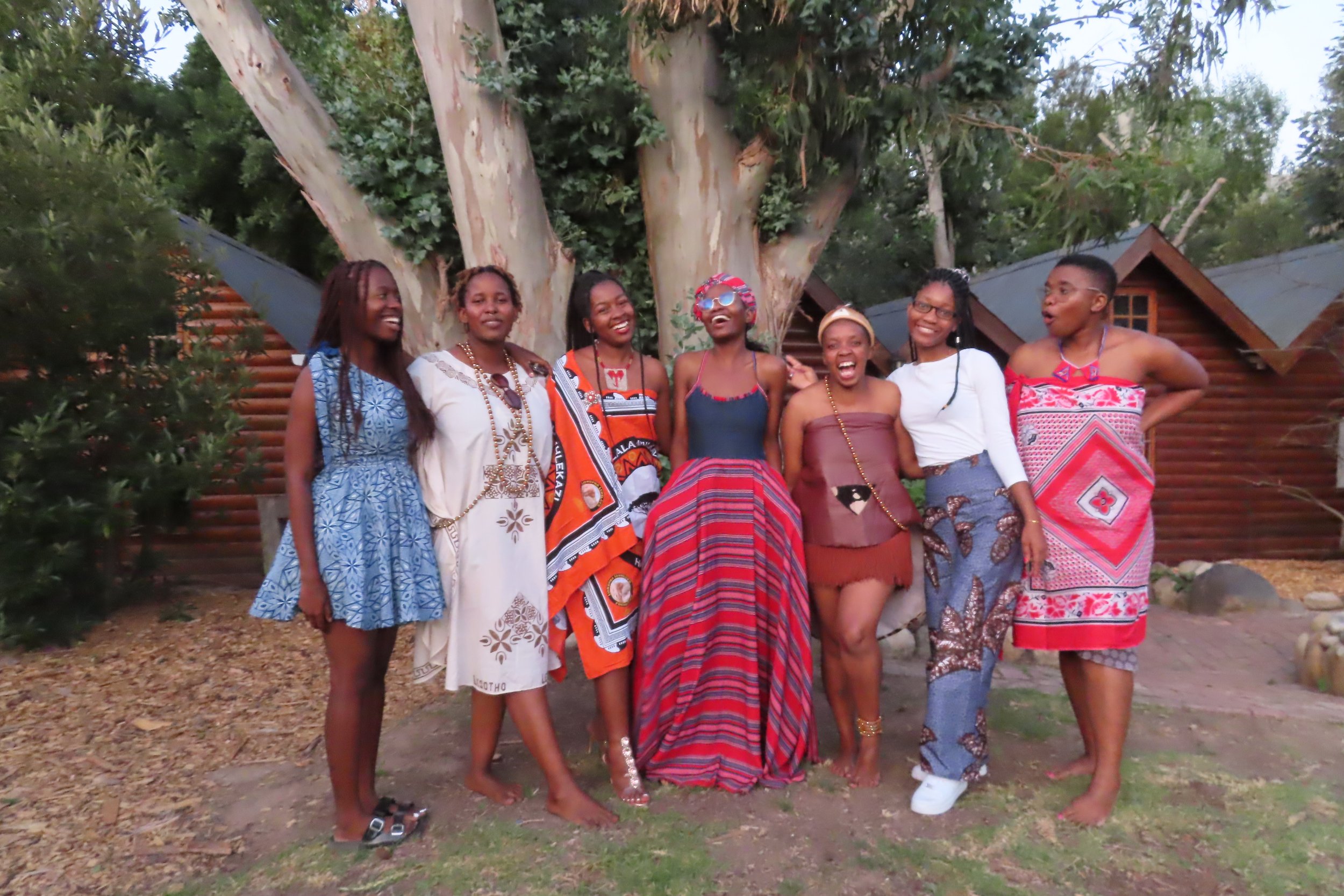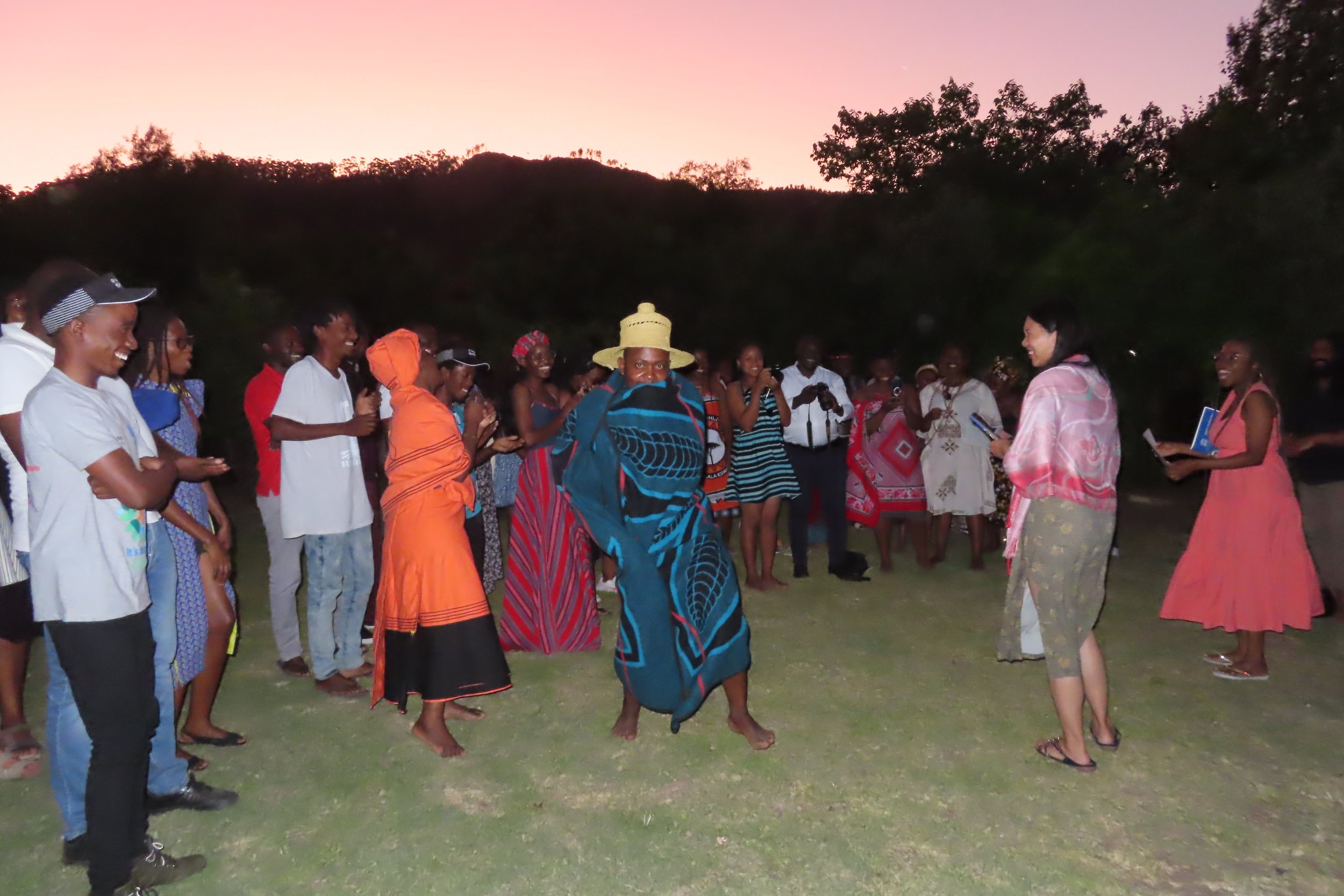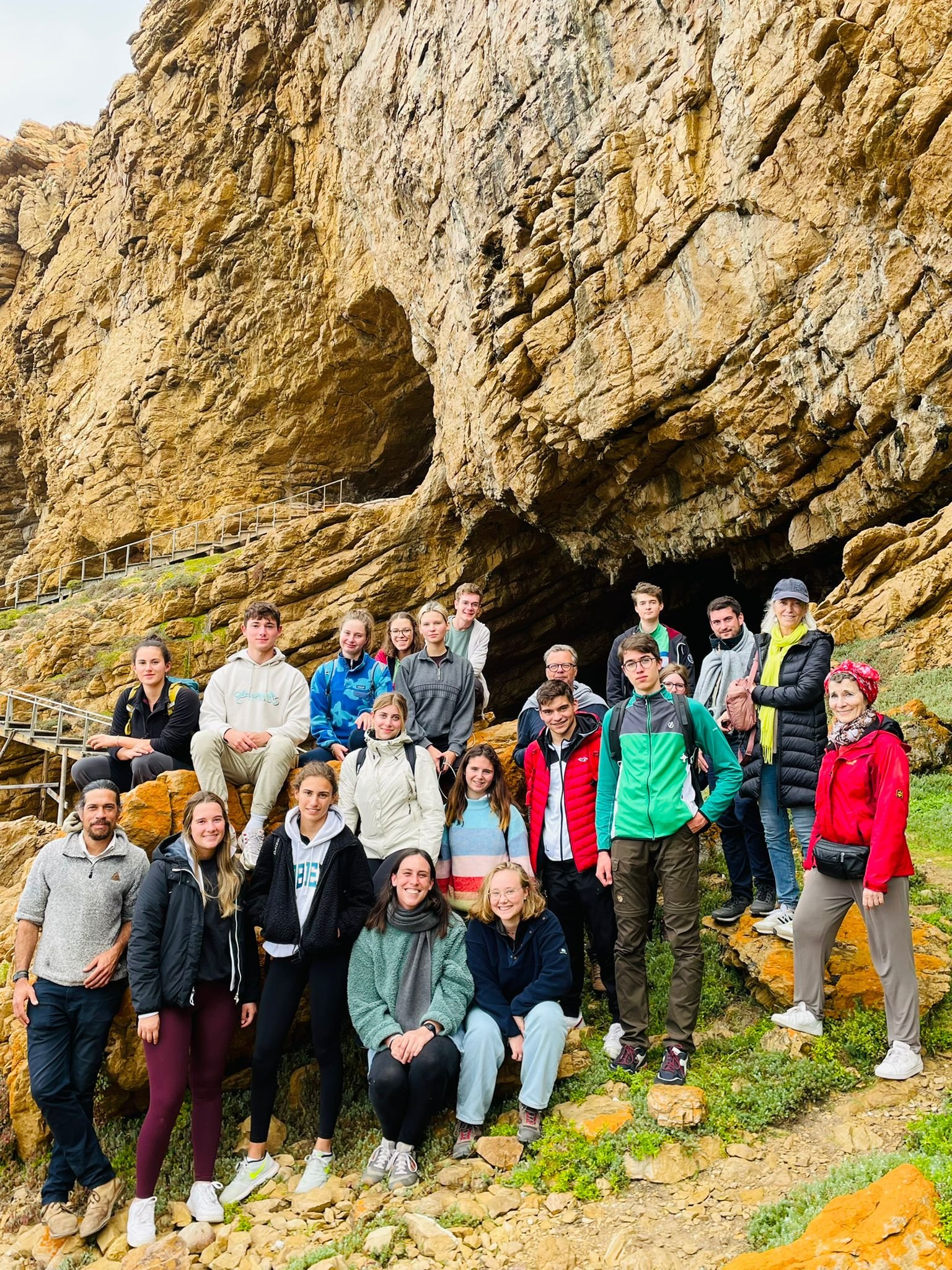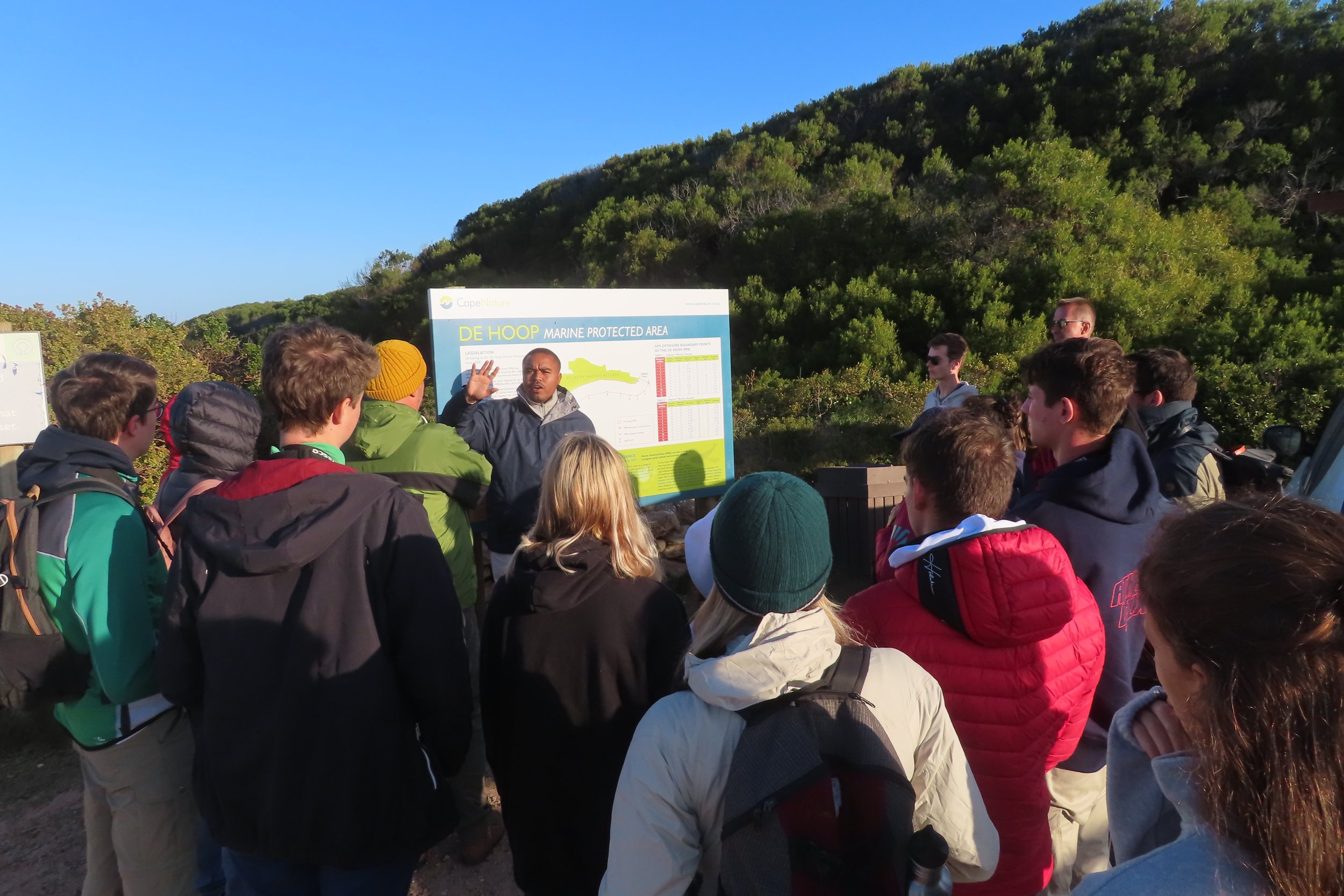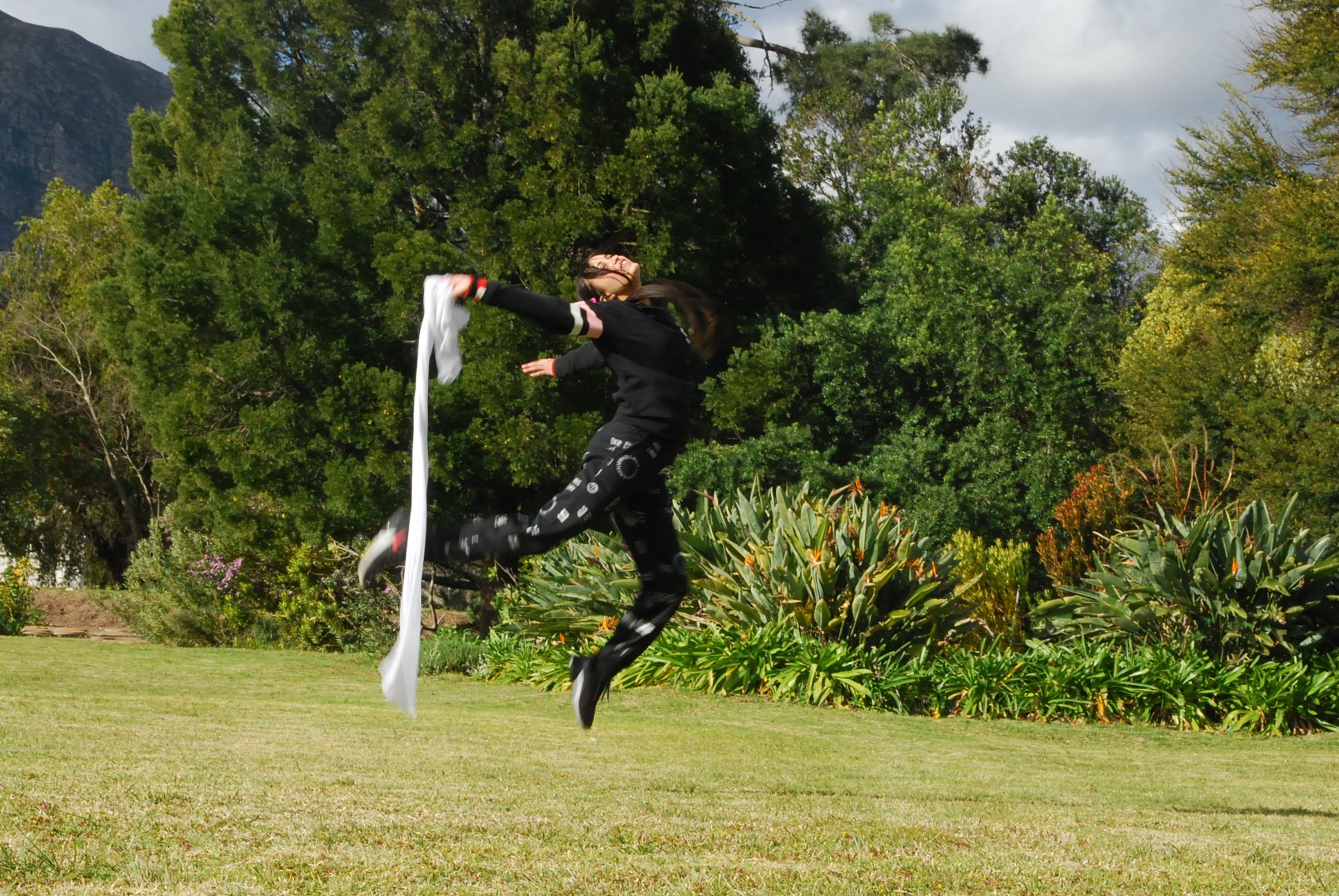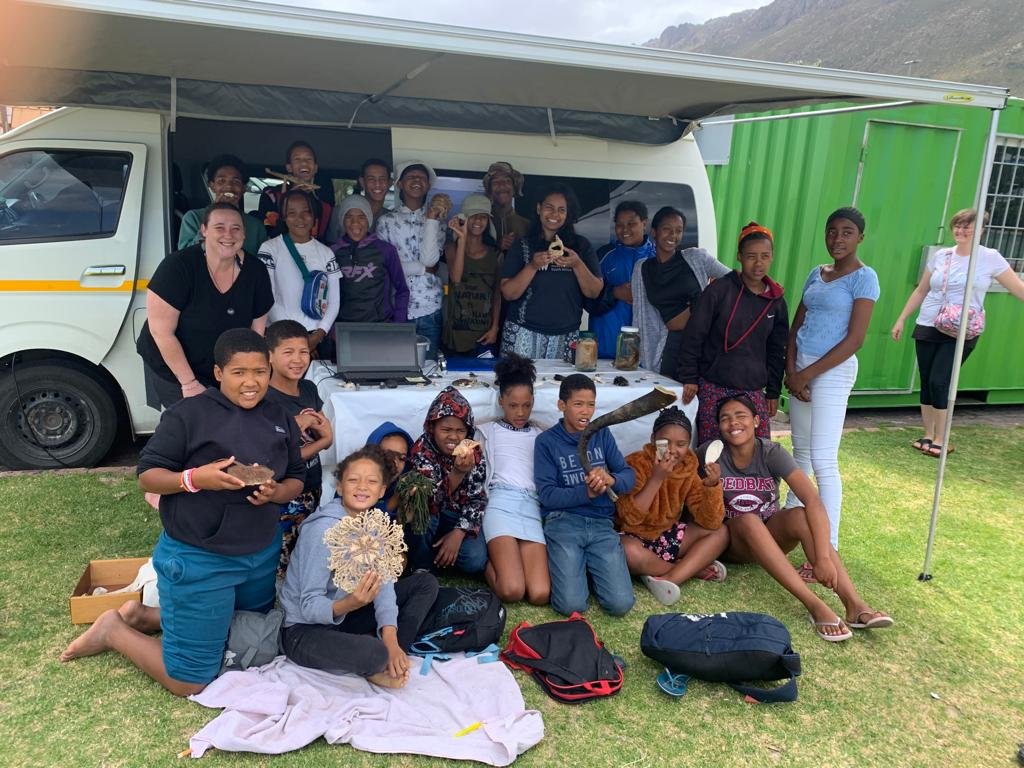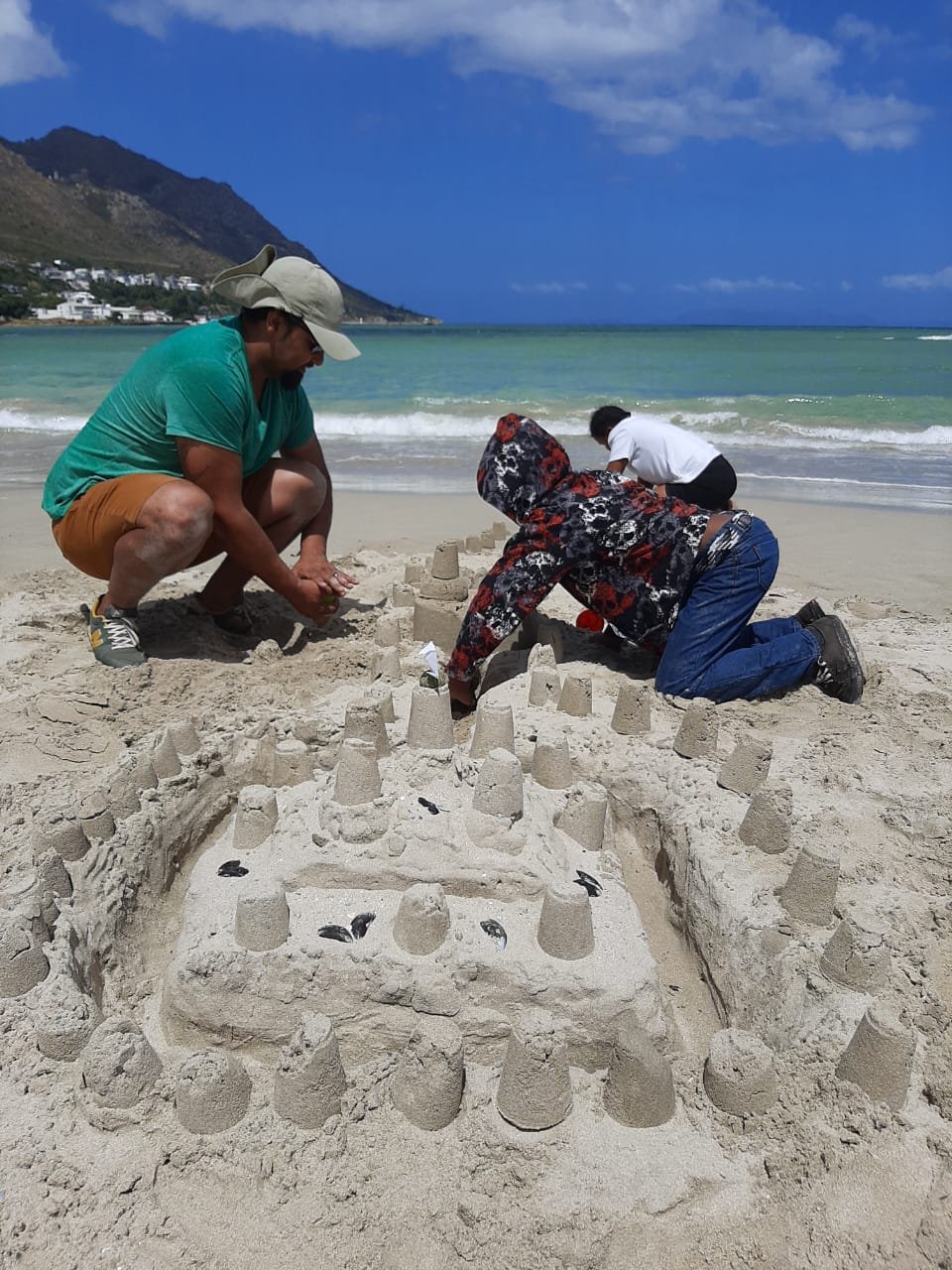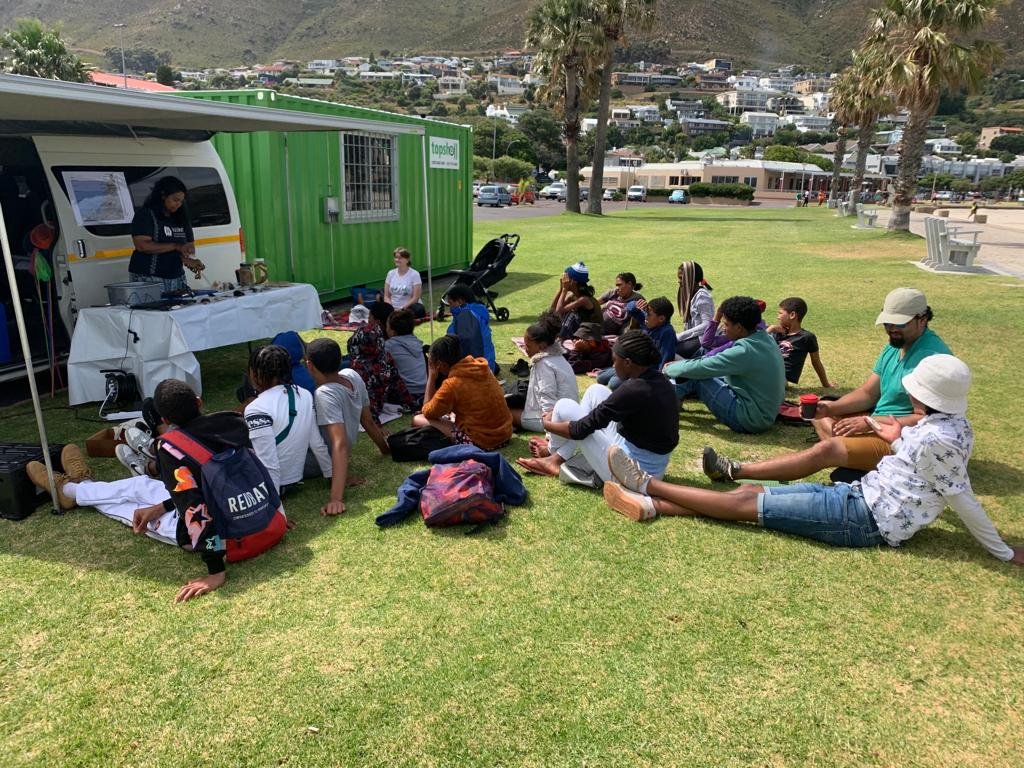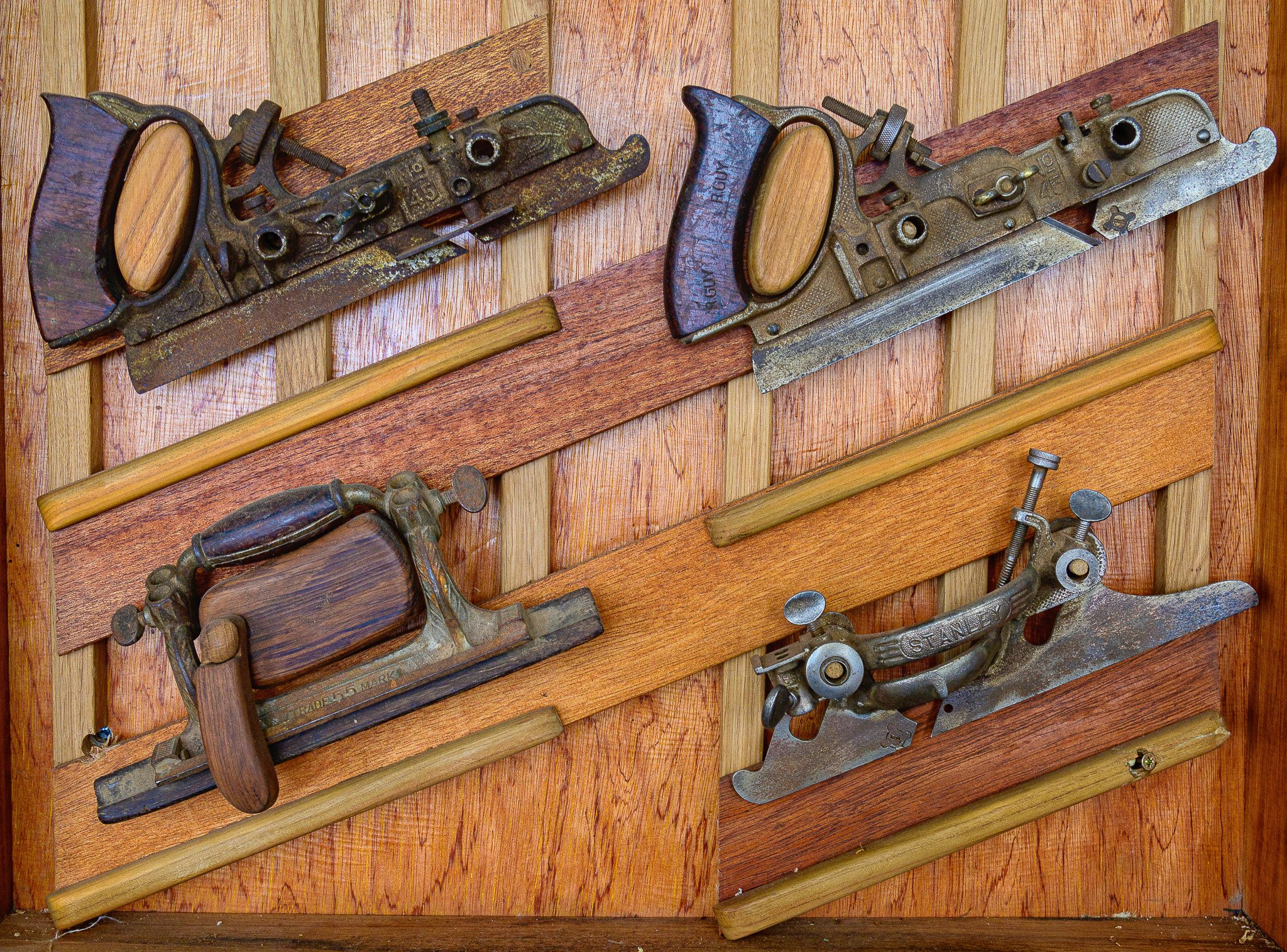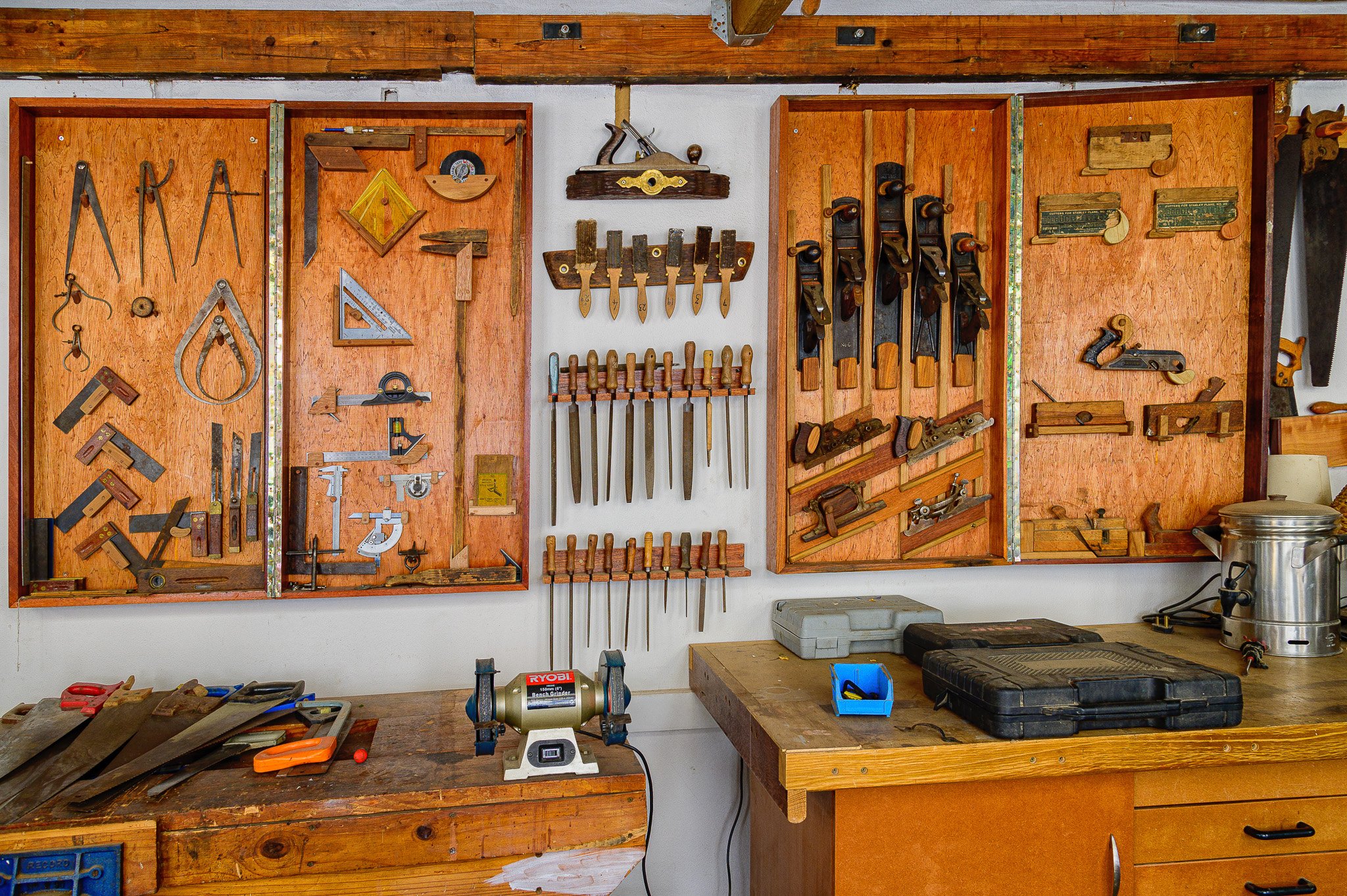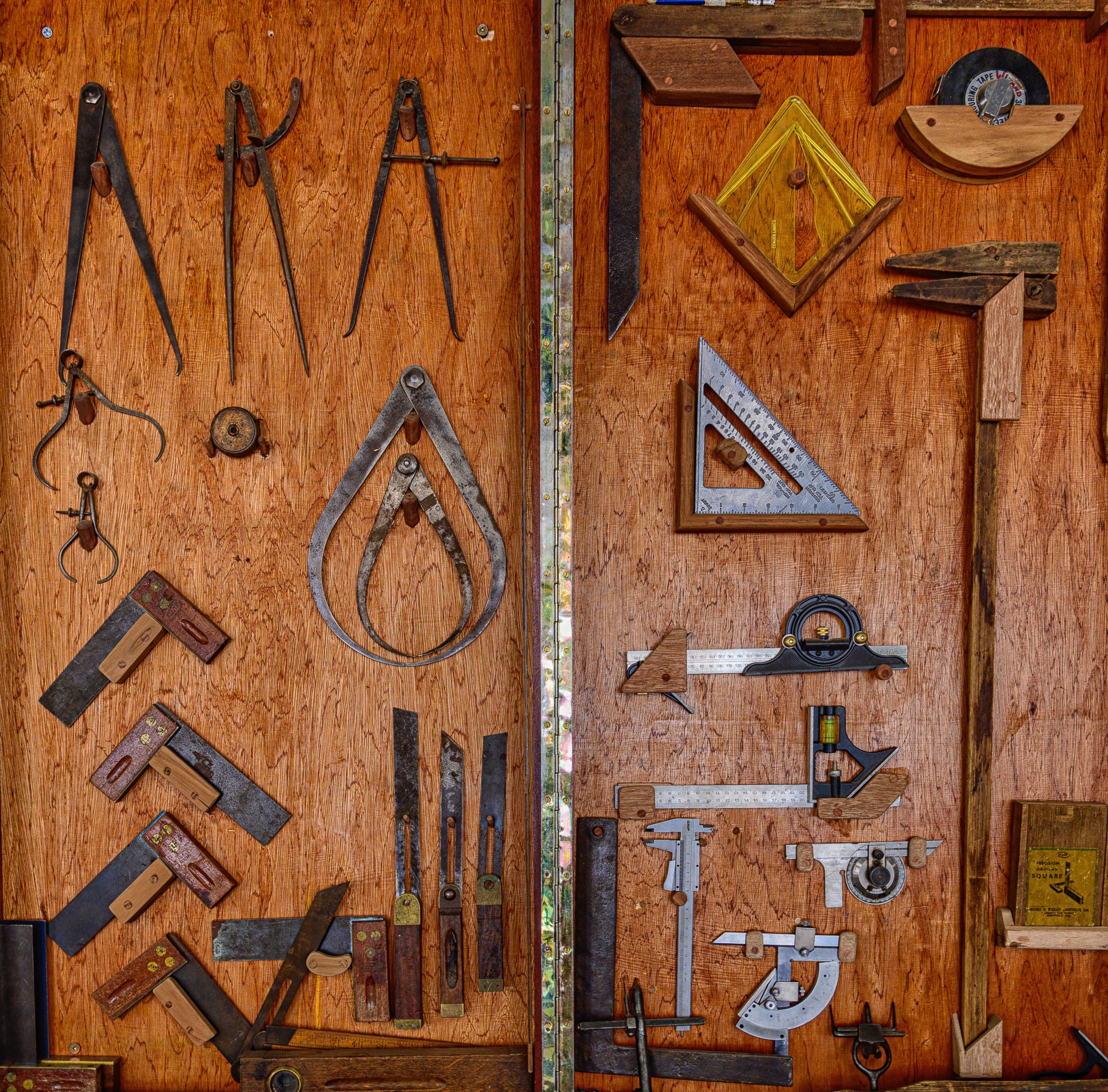December Wrap Up
As 2022 draws to a close, the Cape Winelands Biosphere Reserve (CWBR) team could not have asked for a better way to finish the year. A BIG thank you to all our supporters, partners, old and new CWBR team members, current and previous interns and volunteers: the extended Cape Winelands Biosphere reserve family near and far. All of what we do would not be possible without you.
We were honoured to join the graduation and celebrate the 16 teachers who have gained their Certified NFQ Level 4 Teachers Qualification in December 2022, made possible through a Rotary Global Grant ‘The Early Childhood Development (ECD) Legacy Project’ led by Rotary Club of Franschhoek and Drakenstein Valley.
The CWBR team started our journey alongside the ECD carers offering them bi-monthly teach-the-teacher outings since April 2021 until the commencement of their course in February 2022. In addition, transport was funded by the CWBR for eco-educational outings for the Legacy Project ECD’s who raised funds for entrance fees. The CWBR reached 218 children and 39 adults through this initiative. The teach-the-teacher project inspired further educational outings for teachers in other areas, and upon request from the Bonnie Peoples Project, the CWBR hosted a weekend programme for Bonnie Vale teachers earlier this year. Additionally, welcomed the Bonnie People Aftercare Youth and five teachers to the Cape Winelands in early December 2022 for a three-day educational programme. A total of 448 children and 94 teachers were reached since January 2022 through eco-educational outings and workshops for ECD Centres.
In November, the CWBR team also hosted a three-day Anti-Poaching Snare Sweeps training facilitated by three ladies from the Global Conservation Force (GCF). 31 youth from several communities in the Cape Winelands area joined the three-day workshops. The group conducted Snare Sweeps in Idas Valley Reserve, Papagaaiberg Reserve, and Berg Dam Reserve, learning practical hands-on knowledge to take back to their communities. The event was instigated through and followed a weekend workshop which took place in October, ‘Introduction to Snares and Emergency Wildlife Response,’ arranged by Cape Leopard Trust and facilitated by GCF. Attended by a CWBR facilitator.
A very proud moment on the 3rd of November 2022, the International Day for Biosphere Reserves became official! As part of the week’s celebratory activities, an outing to the source of the Berg Dam was facilitated for 60 children and youth from a community in Franschhoek. While walking into the catchment, the group explored their surroundings, fostering their connection with and learning about the importance of nature. An educational day was also facilitated using the CWBR mobile educational unit STEAM-Y (Science, technology, engineering, art, and mathematics for youth). Check out a video HERE
STEAM-Y has grown beyond its original vision and is still evolving. The CWBR, in partnership with like-minded organizations has reached 1926 individuals since January this year. Impactful initiatives including the Mobile Career Café, the Blossom Café, and ongoing holiday programmes have been established.
The same week in November, the other half of the CWBR team and 10 Youth Citizen Scientists travelled to Kruger to Canyons Biosphere Region to part-take in the 3rd National Catchment Ecological Infrastructure Indaba, in Hoedspruit. The Citizen Scientists are part of the UNESCO Be Resilient South Africa Project led by the UNESCO Regional Office for South Africa (ROSA). The CWBR team, together with UNESCO staff, launched the Citizen Science Community Engagement component in September this year.
Since the launch, through various engagements, the participants have grown and learned more about themselves, their community, and grasped the opportunities with a thirst for more knowledge.
For many of them, they have come to understand the natural environment that surrounds them in a whole different way. In a curious driven scientific approach, they have been trained to use equipment such a water clarity tube (measuring turbidity and suspended solids), miniSASS kits (carefully capturing, then recording and scoring macro-invertebrates living in rivers to evaluate the health of a river), and PH strips, temperature, and dissolved Oxygen tests. Learning accessible skills through practical implementation, they previously thought were not within reach.
Four of the participants, along with four CWBR members, are enrolled in a Participatory Course for Activating Ecological Infrastructure for Water Security Learning networks. The course takes place over three months from November 2022 – January 2023 with three two-day contact sessions and assignments that encourage collaborative implementation: combining science with work on the ground.
The group also attended a three—day course with Kartoza in December 2022, to learn about the field data capture tool which can be used to empower Citizen Scientists to collect data in the field using Mergin maps with the possibility to visualize it on the web. Gaining insight to the app they will be utilizing to collect data to be shared open source. The training also included QGIS training to have a deeper understanding of mapping and how the information will be used and distributed.
The CWBR team hosted the youth who attended the ROSA Youth Science Forum for two days in December. The group of 43 youth from biosphere reserves, heritage sites, and geoparks all over South Africa, together with 3 South African regional UNESCO office staff, were taken to the top of Franschhoek Pass. From a viewpoint, the group learned about the Watershed, different Catchment areas, as well as the geological location of the other four biosphere reserves in the Western Cape. A visit to the Franschhoek Water Hub was also done, where they met Dr Kevin Winter who explained the background, function, and what research is taking place there in how to biologically purify water. The evening followed with festivities, each participant wearing a traditional cultural dress from their region. With a backdrop of the Boland mountains and under a stary sky, UNESCO Certificates of Participation and Facilitation at the Youth Science Forum were handed out.
For the first time since the pandemic, in September, the CWBR team also welcomed back 21 students and teachers from Athénée Action Humanitaire school - NGO. The group spent two weeks with the CWBR team, part-taking in the Edulink projects, learning about biosphere reserves first hand, part-taking in a Photography Workshop with five students from Athlone High, and journeying on a cultural exchange exploring the different landscapes and cultures in South Africa.
A Marine Science Engagement took place in Gordon’s Bay with 24 youth from a community in Franschhoek. The event was facilitated by the CWBR team and a marine biologist, in collaboration with CWBR Board member Dr Melissa Boonzaaier-Davids. The ecological outing was initiated as part of her National Geographic Early Career Grant to perform research on the marine invertebrate communities of the rocky shores of South Africa’s understudied coastal regions.
In this last week before Christmas day, the CWBR team will be gathering with the mothers currently attending the last cycle of Flourish classes in Villiersdorp for their baby shower. A CWBR facilitator regularly contributes to the programme, through lesson plans including ‘Eating Solids,’ facilitating Pre and Postnatal Yoga, supply of fresh vegies from the CWBR Hub Food Garden, and general support to the Flourish host.
The Be Resilient participants are also busy this week, engaging with their communities in Climate Risk Informed Decision Analysis (CRIDA)Workshops. A CWBR facilitator, with an accompanying CWBR intern, has taken STEAM-Y educational equipment and camping gear to Twee Du Toll for a five-day holiday programme in collaboration with CapeNature. Youth from communities in and around Ceres as well as Franschhoek communities has joined the event.
At the CWBR Hub in Franschhoek, the CWBR Wood Workshop, a space to learn the artistry and skill of Woodworking, is fully equipped and ready to welcome the first group of students in 2023.
This year, in addition to three international volunteers from Luxembourg, the CWBR has also welcomed three interns from Eberswalde University in Germany for a three-month internship and research project as part of completing their studies in sustainable tourism, nature conservation and regional development.
One of the interns has taken on researching Biosphere Reserve to Biosphere Reserve tourism. In line with the SADC-UNESCO flagship programme “UNESCO journeys in Southern Africa,” the vision is to create a holistic tourist experience that has a positive impact on the sustainable economic development of the Biosphere Reserves and their surroundings. All five Biosphere Reserves in the Western Cape will be joined by a tourism route giving tourist's the option to choose responsible accommodation, food and activities. The aim with this unique venture is to provide equitable career opportunities to local communities while contributing to nature conservation projects at the same time.
A fantastic busy end to a very eventful year. A BIG thank you again to all involved!
Wishing a happy festive and adventurous season,
The CWBR team


